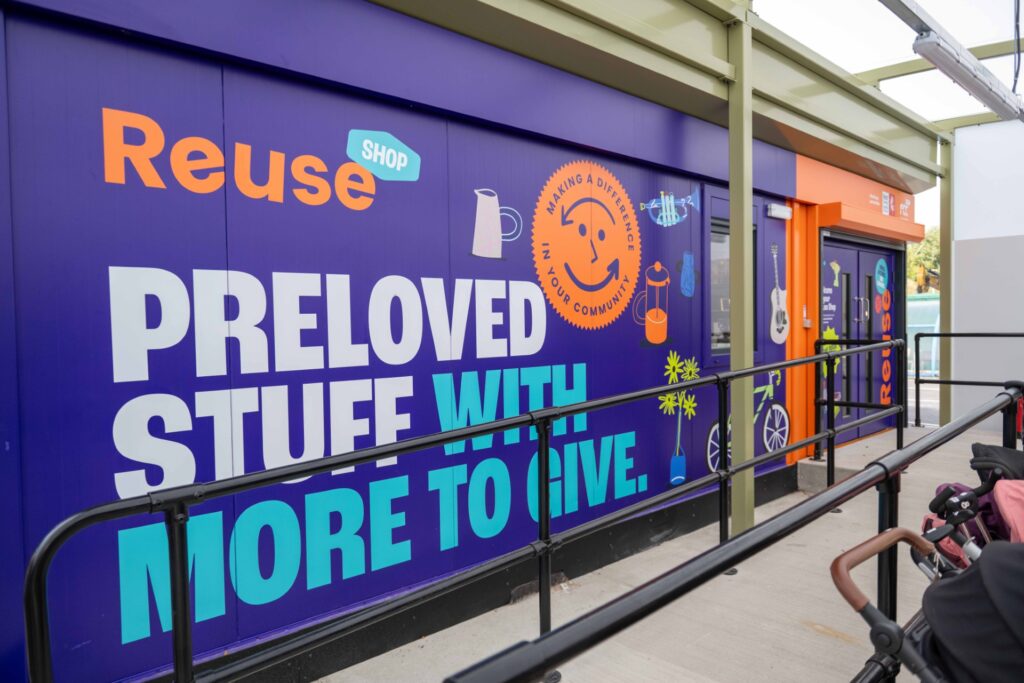At the same time, the ESA has highlighted what it sees as the achievements of the UK waste management industry in reducing emissions associated with waste management.
Environmental campaigning group Friends of the Earth has also criticised world leaders for failing to sign a legally binding emissions deal at what it has dubbed “Brokenhagen”, while Scottish First Minister Alex Salmond labeled the summit a “missed opportunity”.
The Copenhagen Accord – which was agreed by major developed and developing country leaders last week (December 19) – includes international backing for an overall limit of two degrees on global warming, an agreement that all countries need to take action on climate change and the provision of immediate and longer term financial help to those countries most at risk of climate change.
Defending the Accord, energy and climate change secretary, Ed Miliband, said: “Our agreement today marks the start of a new phase in tackling climate change.
“Developed and developing countries have come together to take action and there is an unprecedented commitment of climate finance.”
He added that the negotiations have shown how hard it is to get agreement on “such complex and profound issues” and claimed that there is “much further to go”, including ensuring that there is a legally binding outcome for everyone.
Commitment
Mr Miliband went on to reaffirm that the government's aim is to ensure that politics catches up with the science and that it stands by its domestic commitment to reducing emissions by at least 34% by 2020.
The UK and other countries will now be working to convert the accord into a legally binding agreement as soon as possible, with countries having until January 31 2010 to submit their commitments.
However, the ESA has labeled the agreement a “Copenhagen Carbon Cop-out” and criticised world leaders for simply “emitting hot air” instead of working to achieve a reduction in carbon emissions.
Dirk Hazell, ESA's chief executive, commented: “After months of emitting bombast and millions of global warming air miles, world governments failed to agree binding limits on emissions in Copenhagen.
“While they emitted hot air, ESA's private sector members – in common with other business sectors – acted to cool emissions.”
He went on to stress that the organization's members have helped to cut emissions associated with waste management by 58%, which he claims compares to 16% for the UK as a whole.
Carbon footprint
Earlier this year ESA members agreed to be bound by methodology for measuring carbon footprint, which Mr Hazell believes will become world standard.
The first results of this new tool are set to be published in 2010 and the ESA has promised to work with other sectors in the UK and abroad to secure “wider, measurable and transparent emission reductions”.
Mr Hazell added: “Recycling, for example, has significant potential to cut carbon emissions: big business often has high recycling rates and we have quintupled household recycling over the last decade, so we are well on the way to become a Recycling Society.
“Our next task is to work with the Government and Devolved Administrations to ensure that many more of Britain's smaller businesses rapidly and successfully switch to higher recycling, encouraged by the Landfill Tax which will soon hit £72 per tonne.”








Subscribe for free